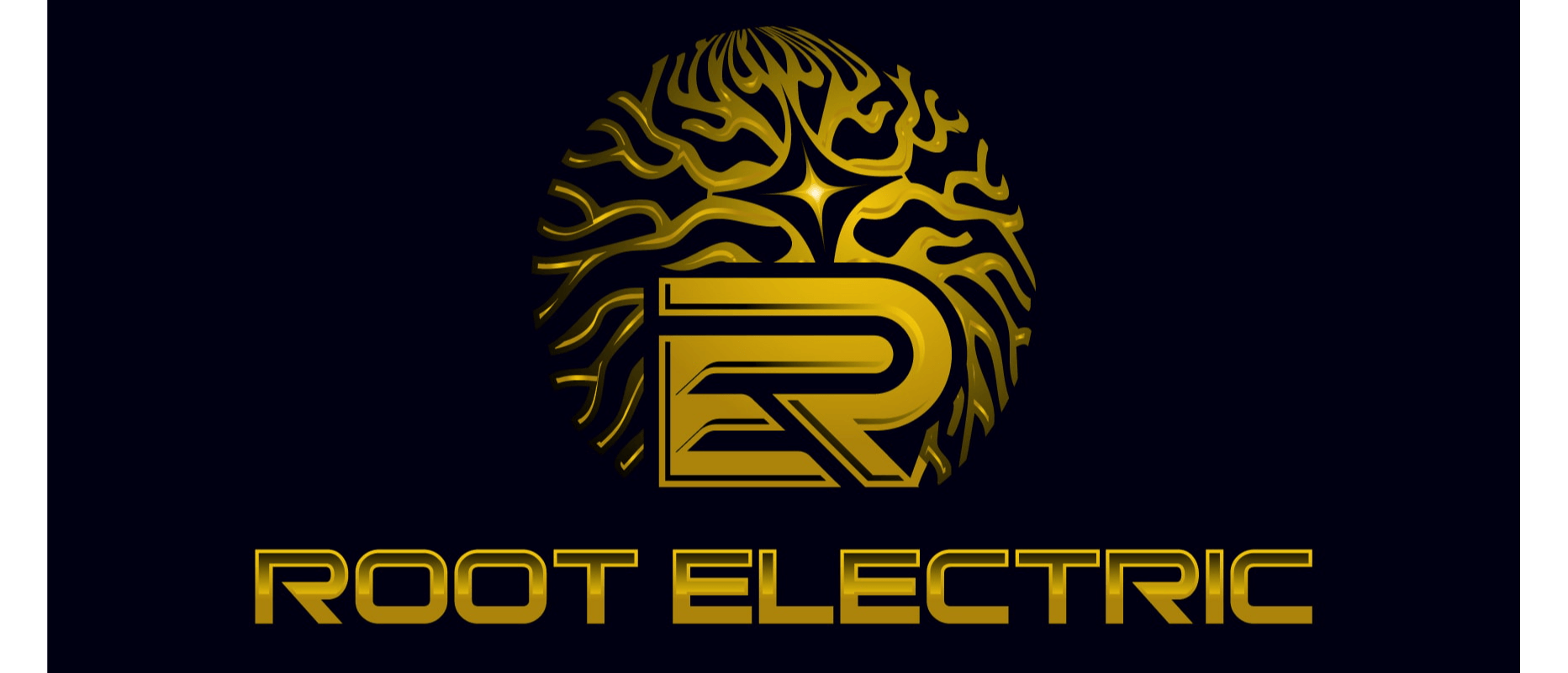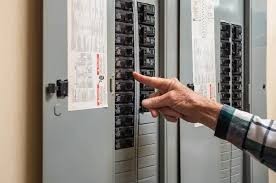Electrical panel upgrades represent one of the most significant safety improvements you can make to your home's electrical system. As homes in Parker, Colorado age and electrical demands increase, older panels often struggle to meet modern safety standards and power requirements. Understanding the safety considerations involved in panel upgrades helps homeowners make informed decisions about this critical home improvement project.
Understanding Electrical Panel Safety Fundamentals
Modern electrical panels serve as the central hub for your home's electrical distribution system, managing power flow and providing essential safety protections. Unlike older panels that may lack adequate safety features, contemporary electrical panels incorporate multiple layers of protection including circuit breakers, ground fault protection, and arc fault detection systems.
The primary safety function of an electrical panel involves preventing electrical fires, electrocution, and equipment damage through proper circuit protection. When circuits become overloaded or electrical faults occur, the panel's protective devices should immediately disconnect power to prevent dangerous conditions. However, older panels may not provide these critical safety functions reliably.
Ground fault circuit interrupters (GFCIs) and arc fault circuit interrupters (AFCIs) represent two essential safety technologies that modern panels support. GFCI protection prevents electrocution in wet locations like bathrooms and kitchens, while AFCI protection detects dangerous electrical arcs that can cause fires. Many older panels cannot accommodate these life-saving technologies without significant modifications.
Identifying Dangerous Panel Conditions
Several warning signs indicate that your electrical panel poses safety risks requiring immediate professional attention. Frequent circuit breaker trips suggest that your electrical system is overloaded or that individual circuits are drawing more current than they can safely handle. While occasional trips are normal, frequent occurrences indicate underlying problems that panel upgrades can address.
Burning smells, scorch marks, or discoloration around the electrical panel indicate dangerous overheating conditions that require immediate professional evaluation. These symptoms suggest that electrical connections are failing or that the panel is handling more current than its design specifications allow. Continuing to operate an overheating panel creates serious fire risks.
Flickering lights throughout the house, especially when large appliances start, indicate that the electrical panel cannot provide stable power delivery. This condition not only affects appliance performance but can also create safety hazards as electrical equipment struggles to operate under unstable voltage conditions.
Physical damage to the panel enclosure, including rust, corrosion, or moisture intrusion, compromises the panel's ability to safely contain electrical components. Colorado's climate conditions can accelerate panel deterioration, making regular inspections particularly important for maintaining electrical safety.
Code Compliance and Safety Standards
Electrical panel upgrades must comply with current National Electrical Code (NEC) requirements and local Parker building codes. These codes establish minimum safety standards for electrical installations, including requirements for panel capacity, circuit protection, grounding systems, and installation methods. Professional electricians stay current with code requirements to ensure that panel upgrades meet all applicable safety standards.
Modern code requirements mandate AFCI protection for most residential circuits, significantly improving fire safety compared to older installations. Panel upgrades provide an opportunity to implement these enhanced safety features throughout your electrical system, protecting your family and property from electrical fires.
Proper grounding and bonding represent critical safety requirements that panel upgrades must address. These systems provide safe paths for electrical faults, ensuring that protective devices operate correctly and reducing electrocution risks. Older homes may have inadequate grounding systems that panel upgrades can correct.
Working space requirements around electrical panels ensure that electricians can safely perform maintenance and repairs. Code compliance includes maintaining proper clearances and access to the electrical panel, which may require relocating panels during upgrade projects.
Professional Installation Safety Protocols
Electrical panel upgrades involve working with high-voltage electrical systems that can cause serious injury or death if handled improperly. Licensed electricians follow strict safety protocols to protect themselves, your family, and your property during panel upgrade projects. These protocols include proper lockout/tagout procedures, personal protective equipment use, and systematic installation methods.
Power disconnection procedures ensure that electrical systems are safely de-energized before work begins. Professional electricians coordinate with utility companies to safely disconnect and reconnect electrical service, eliminating risks associated with live electrical work. Attempting panel upgrades without proper power disconnection creates extreme safety hazards.
Proper tool selection and personal protective equipment help electricians work safely around electrical systems. Arc-rated clothing, insulated tools, and voltage testing equipment represent essential safety measures that professional electricians employ during panel upgrade projects.
Installation sequencing ensures that electrical systems are assembled correctly and tested thoroughly before energization. Professional electricians follow systematic procedures to verify proper connections, test protective devices, and confirm system operation before completing panel upgrade projects.
Post-Installation Safety Considerations
After panel upgrade completion, homeowners should understand basic safety practices for living with modern electrical systems. Regular visual inspections of the electrical panel help identify potential problems before they become serious safety hazards. Look for signs of overheating, unusual sounds, or physical damage that might indicate developing problems.
Understanding how to safely reset circuit breakers helps homeowners respond appropriately to electrical faults. However, frequently tripping breakers indicate underlying problems that require professional evaluation rather than repeated resetting attempts.
Maintaining proper clearances around the electrical panel ensures safe access for maintenance and emergency situations. Avoid storing items near the electrical panel that could interfere with safe operation or emergency access.
Scheduling periodic professional inspections helps maintain electrical system safety over time. Licensed electricians can identify developing problems and recommend preventive measures to maintain optimal safety performance.
Emergency Preparedness and Panel Safety
Understanding how to safely shut off electrical power during emergencies represents an important safety skill for homeowners. Modern electrical panels include main breakers that can disconnect all electrical power to the home, which may be necessary during flooding, fire, or other emergency situations.
Emergency contact information for qualified electricians should be readily available for situations requiring immediate professional attention. Electrical emergencies can develop quickly and may require rapid professional response to prevent serious safety hazards.
Family members should understand basic electrical safety principles and know how to respond to electrical emergencies. This includes avoiding contact with electrical equipment during flooding, recognizing signs of electrical fires, and understanding when to evacuate rather than attempting to address electrical problems.
Long-Term Safety Benefits
Professional electrical panel upgrades provide lasting safety benefits that protect your family and property for decades. Modern panels incorporate advanced safety technologies that continuously monitor electrical systems and respond automatically to dangerous conditions. These systems work around the clock to prevent electrical fires, electrocution, and equipment damage.
Enhanced surge protection capabilities in modern panels help protect valuable electronic equipment from power quality problems. While surge protection doesn't directly prevent injury, it reduces the likelihood of equipment failures that could create safety hazards.
Improved electrical capacity reduces the likelihood of overloading circuits, which decreases fire risks and improves overall system reliability. Adequate electrical capacity ensures that safety systems like smoke detectors and security systems receive reliable power.
Regular maintenance becomes easier and safer with modern electrical panels that provide better access and clearer labeling. Professional electricians can more efficiently diagnose and repair problems, reducing the time required for electrical work and minimizing safety risks during maintenance activities.
Electrical panel upgrades represent a significant investment in home safety that provides protection for your family and property. Working with licensed professionals ensures that upgrades meet current safety standards and provide reliable protection for years to come. The peace of mind that comes from knowing your electrical system meets modern safety standards makes panel upgrades one of the most valuable home improvements you can undertake.


